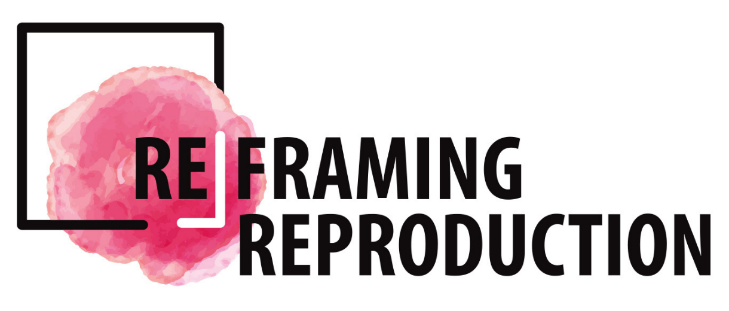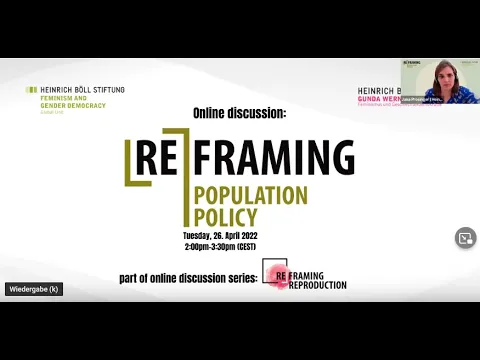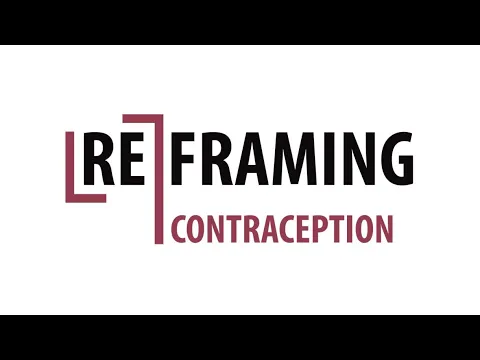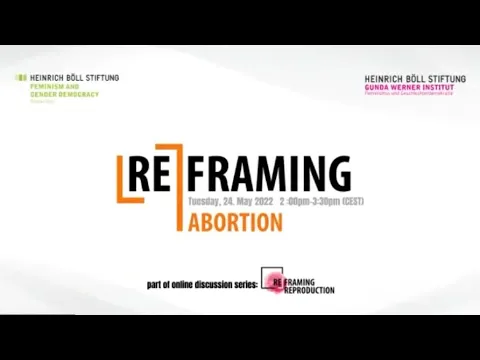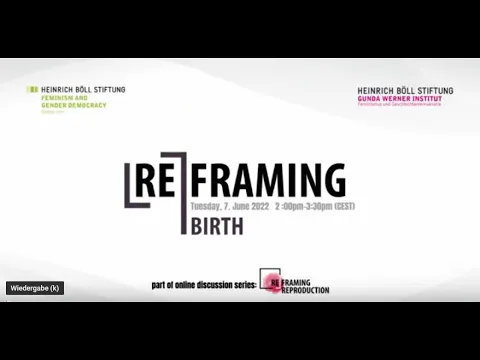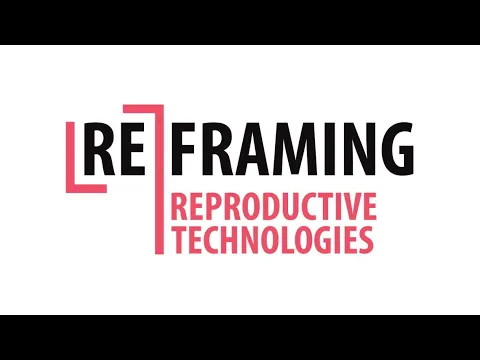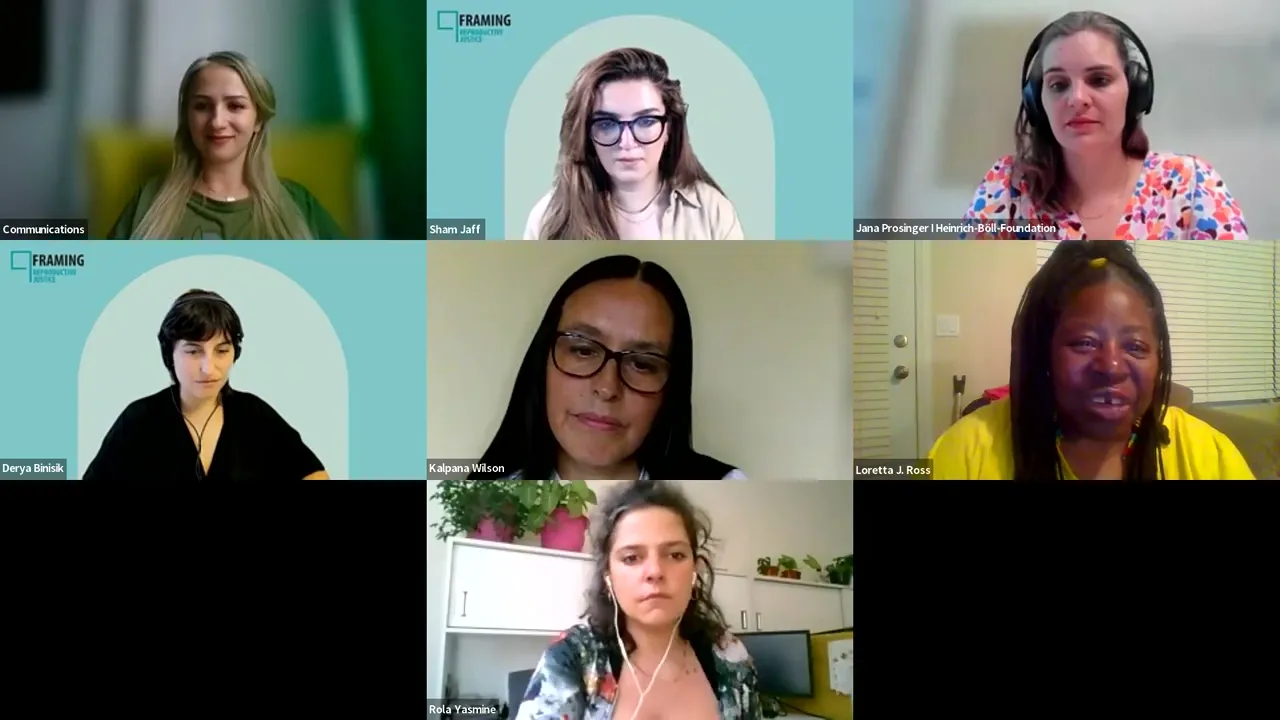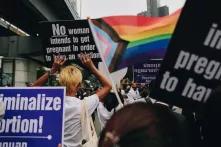Reframing Reproduction
An online discussion series on reproductive rights, self-determination and intersectional justice
The freedom to decide over one’s own body and reproduction is still a privilege in today’s world. Whether or not to have children and how to raise them is a very personal choice, but also a choice with political implications: Who is encouraged or forced to have children? Who has access to resources and the means to have children? Whose parenthood is the subject of reappraisal or prevention? How do laws, policies, and public health programmes influence people’s access to reproductive self-determination?
6-part online discussion series
By shedding light on reproductive justice, this series of discussions will enable us to look beyond the reproductive health and rights label and more deeply analyse the power relations, biopolitics, and discriminatory structures that have laid the groundwork for injustice, anti-feminist movements, and reproductive repression in today’s world. The event series will touch on population policy, contraception, abortion, birth, reproductive technologies, and reproductive justice, including queer, anti-racist, and decolonial perspectives.
(Re)framing Population Policy
26 April 2022, 2 p.m. – 3:30 p.m. (CET)
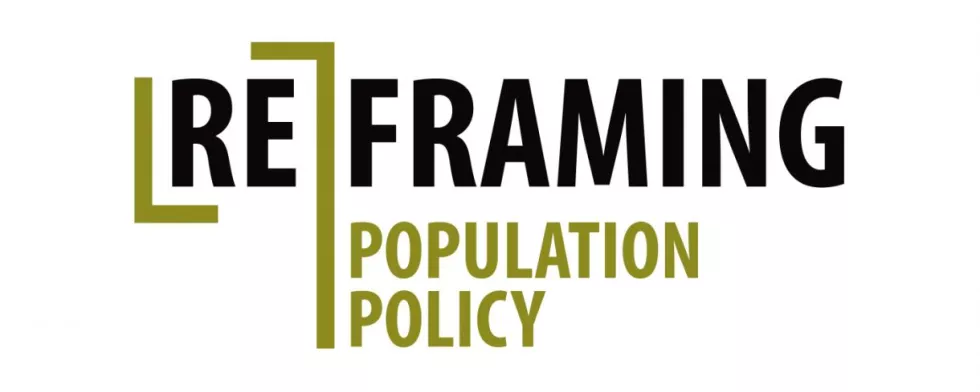
Governments intervene in the reproductive behaviour of their citizens in order to control the size and composition of the population. While some elements of society are encouraged to have children, others face various structural and/or legal obstacles to self-determined reproduction. The criminalisation of abortion and forced sterilisation are just two extreme examples from the wide spectrum of population policy injustices. Why should birth rates in the Global South be lowered, while governments in Europe fight “demographic suicide”?
In this first episode of our online discussion on (Re)framing Reproduction we aim to analyse population policies from an intersectional feminist point of view and understand how biopolitics continue to shape postcolonial realities today.
Speakers:
- Sethembiso Promise Mthembu
- Susanne Schultz
- Andrea Pető
Moderated by Sham Jaff, a journalist and political scientist in Berlin.
(Re)framing Contraception
10 May 2022, 2 p.m.– 3:30 p.m. (CET)
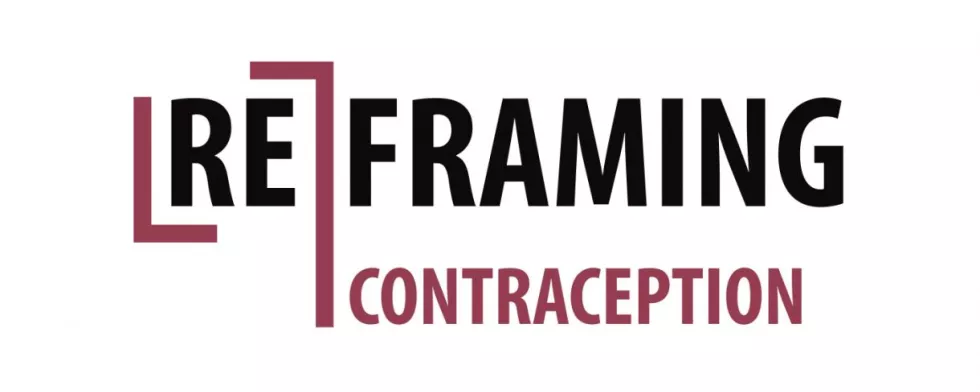
Self-determined family planning is a fundamental human right. It includes freedom of choice as well as access to and information about contraception. And yet contraceptives are not accessible to all since they are often expensive or stigmatised. Giving individuals who are capable of getting pregnant the right to choose has been a feminist success – but the failure of governments and pharmaceutical companies to support the development of modern methods of contraception or male contraception is striking. And the method used is not always applied voluntarily – sterilisation and hormonal contraception without informed consent are practices that are still in use in various parts of the world.
In the second episode of our online discussion series on (Re)framing Reproduction we will shed light on the (post)colonial and patriarchal practices that continue to impede informed contraceptive choice today.
Speakers:
- Heather Vahdat, Male Contraceptive Initiative, U.S.
- Marina Davidashvili, European Parliamentary Forum for Sexual and Reproductive Rights, Belgium
- Jana Pfennig, Better Birth Control, Germany
Moderated by Sham Jaff, a journalist and political scientist in Berlin.
(Re)framing Abortion
Tuesday, 24. May 2022 2:00 pm – 3:30 pm
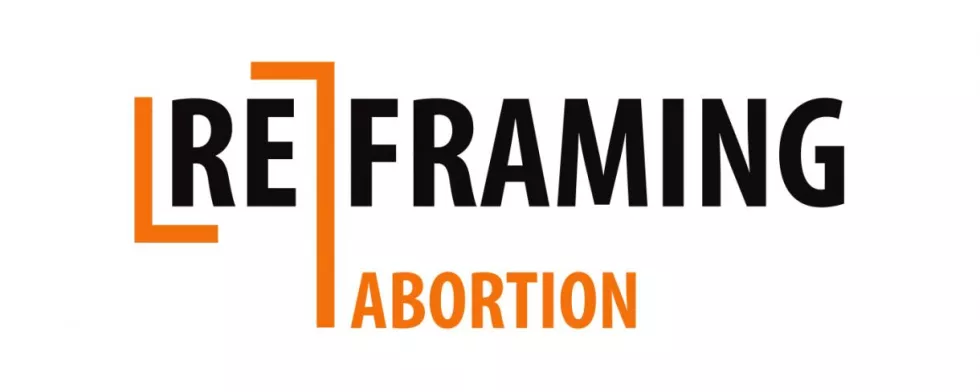
Abortion is one of the most common gynaecological interventions used to terminate an unintended pregnancy. Restricting access to this health service does not reduce the number of abortions, it just makes them unsafe. On all continents there are countries where laws and stigmas make it difficult or even impossible for pregnant individuals to exercise reproductive autonomy and access safe abortion care. While the anti-choice movement is on the rise everywhere, leading to restrictive laws like those in Poland and Texas, we see sparks of hope in the successful feminist campaigns for the legalisation of abortion in Colombia, Argentina and South Korea.
In the third episode of our online discussion series on (Re)framing Reproduction we talk to activists and politicians from countries with (formerly) restrictive abortion laws on how they have been organising resistance and change.
Speakers:
- Sandra Mazo, Causa Justa, Colombia
- Adriana Lamackova, Center for Reproductive Rights, Switzerland
- Karolina Więckiewicz, Abortion Dream Team, Poland
Moderated by Sham Jaff, a journalist and political scientist in Berlin.
(Re)framing Birth
Tuesday, 07. June 2022 2:00 pm – 3:30 pm
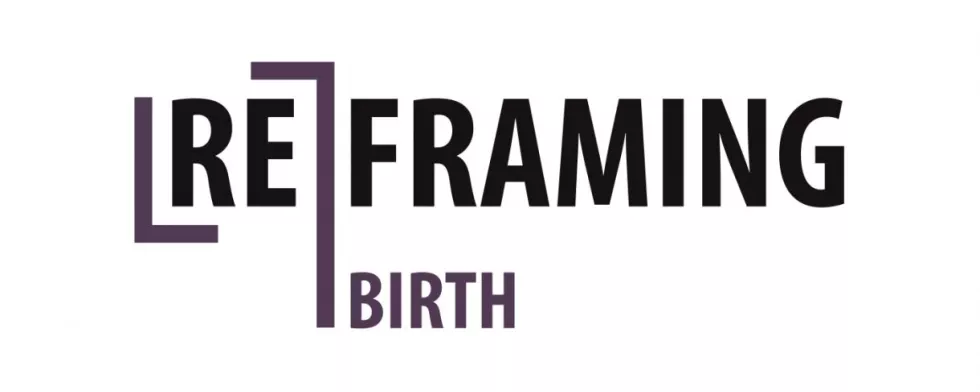
Giving birth under circumstances of violence, discrimination or stress is a reality for many pregnant individuals today. Economic and social resources often determine individuals’ access to a safe and welcoming environment when giving birth. So does their class, race and gender – to name but a few. Recently, stories of obstetric violence and criticism of the commercialisation of midwifery have gained wider attention as people start to speak up about their experiences. How do we fulfil a vision of birth justice where everyone has the information, support and medical treatment that they need in order to have a self-determined birth?
In the fourth episode of our online discussion series on (Re)framing Reproduction we discuss how our healthcare system needs to change in order to include all people who are capable of giving birth and how we can place them at the heart of this political debate.
Speakers:
- Dr. Mandy Mangler, Chief of Gynecology, Germany
- Daniela Drandic, Reproductive Rights Advocacy Program, udruga RODA Roditelji u akciji (Roda - Parents in Action), Croatia
- Mayra Kaveri, Human Rights in Childbirth (HRIC), India
Moderated by Sham Jaff, a journalist and political scientist in Berlin.
Sign up now!(Re)framing Reproductive Technologies
Tuesday, 21. June 2022 2:00 pm – 3:30 pm
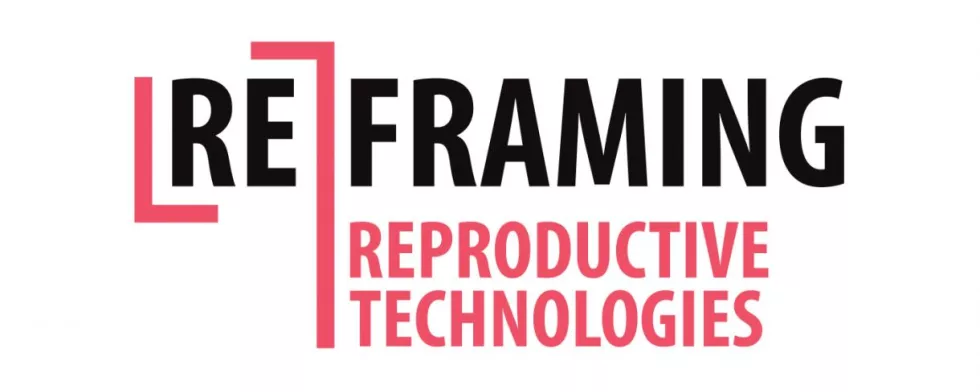
Assisted reproductive technologies like IVF, egg donation and surrogacy offer new ways for people to become parents. Egg cells can be bought, reproductive labour can be paid for, genetic material can be selected prior to fertilisation. But these technologies come with ethical and medical implications. Is it right to exploit or “rent” someone else’s body for your individual desire to have a baby? Are surrogates voluntary reproductive workers or are they the victims of a growing market for queer and hetero dreams of becoming a parent?
In the fifth episode of our online discussion series on (Re)framing Reproduction we will explore feminist positions on controversial questions relating to surrogacy and egg donation/transfer.
Speakers:
- Amrita Pande, University of Capetown, South Africa.
- Jovan Dzoli Ulicevic, trans activist, Montenegro
- Sarojini Nadimpally, Sama Resource Group for Women and Health, India
Moderated by Sham Jaff, a journalist and political scientist in Berlin.
Framing Reproductive Justice
Tuesday, 05. July 2022 2:00 pm – 3:30 pm
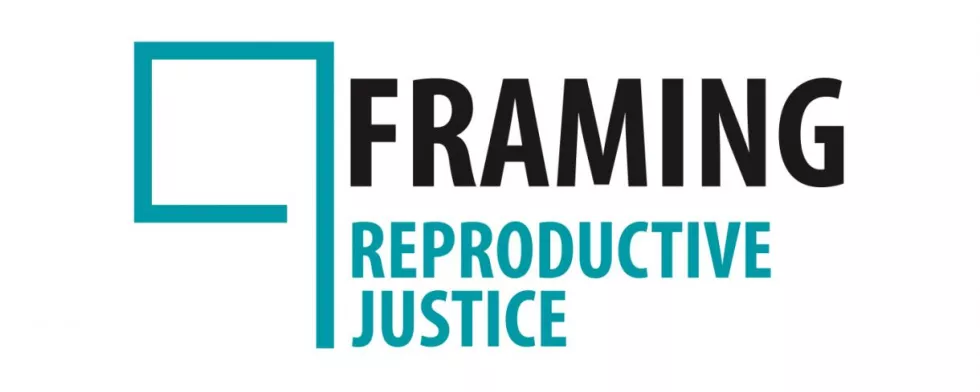
The question of whether or not an individual can become a parent relates to social justice as much as reproductive rights. It is not enough to fight for the legalisation of abortion or to improve access to contraceptives. We need to transform the power structures and norms shaping our reproductive choices to ensure that they are truly free. The right to decide not to have children is as important as the right to decide to have children, as well as the right to parent them in a safe and healthy environment. This paradigm shift, known as “Reproductive Justice”, was initiated by Black feminists in the United States in 1994. This intersectional feminist movement has a wider scope, challenging the unequal distribution of power and wealth that influence reproductive choices on a global and individual level.
The last episode in our online discussion series on (Re)framing Reproduction is dedicated to reproductive justice – the concept and analytical framework that has informed our discussion series and that will hopefully continue to radically transform the way we think about and fight for reproductive self-determination.
Speakers:
- Keynote address by Loretta Ross, professor and activist, USA
- Kalpana Wilson, University of London, UK
- Rola Yasmine, the AProject, Lebanon
Moderated by Sham Jaff, Journalistin und Politikwissenschafterlin, Berlin
Sign up now!